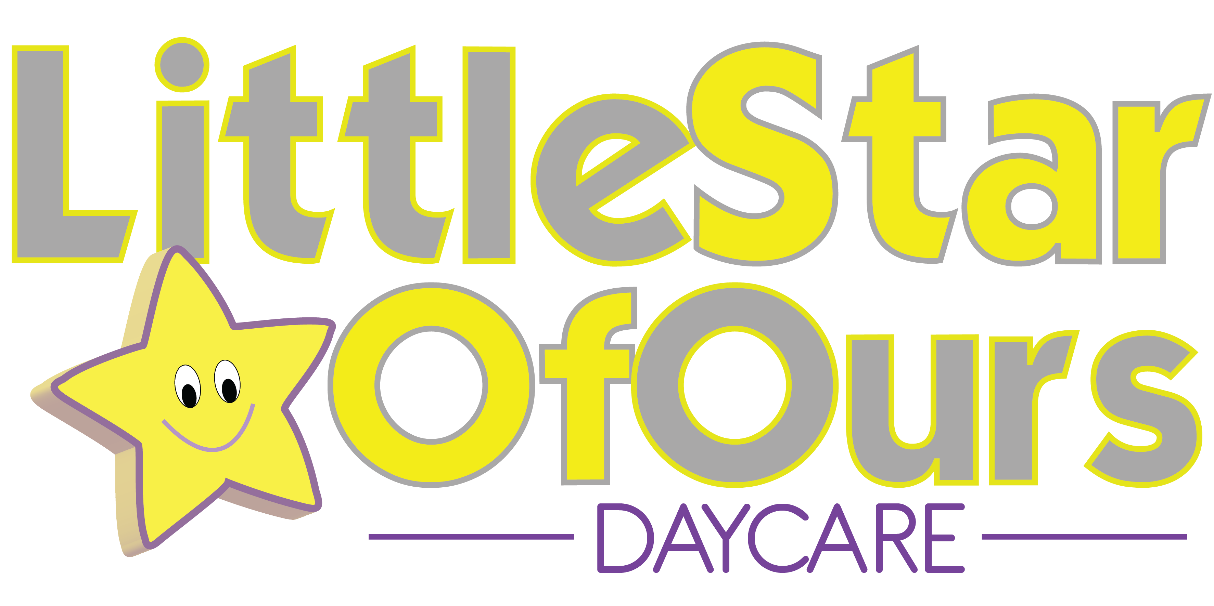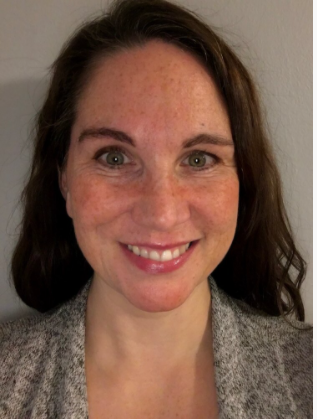Part 3: Spotlight Interview With Jessica De Jesus Acevedo owner of Little Star of Ours Family Child Care program in Cambridge, MA
Two years ago year we did a Spotlight Interview With Jessica De Jesus Acevedo owner of Little Star of Ours Family Child Care program in Cambridge, MA . You can read that interview that this link: Last year we did a second interview which you can read at this link: And today, we have our third interview with Jessica De Jesus Acevedo.
Question 1: What adjustments have you made to help your daycare deal with the COVID-19 Pandemic?
Little Star of Ours daycare has implemented new policies and procedures that were recommended in the COVID-19 Child Care Playbook published by the Department of Early Education and Care (ECE). We have limited all teacher and parent interactions by utilizing an app called Famly. The nursery management software allows parents to check-in/out of our program, answer daily important health questions, communicate directly with teacher(s), and allows our parents to pay for tuition at the convenience of their mobile device or computer. (Link for Famly: https://app.famly.co/api/v2/referrals/jessica8146)
In addition, we have made changes to our Parent Handbook - Sickness Policy. We now require that all children be kept home for 72 hours if showing any signs of fever, sickness, or symptoms of COVID-19. Any child who has had a fever or is showing symptoms of sickness for more than 72 hours must return with a doctor’s note as well as medication free.
Lastly, Little Star of Ours daycare has been advocating on different levels and platforms for family child care programs and working families. We were proudly featured on NPR It has Been a Minute with Sam Sanders: Pandemic Childcare in September 2020. Our mission is to bring to light our story as a small in-home business dealing with reopening, re-enrollment, and re-strategizing our child care business plan after a pandemic and during a recession. As a child care entrepreneur, it is extremely important for our field to share our hardships and continue to advocate on local, state, and federal levels for infrastructure and support for the early education and care field.
Question 2: You recently did a press conference with Congresswomen Katherine Clark about the Child Care Industry, can you talk about how that experience happened and what you learned from the experience?
During our COVID-19 closing, I was referred to be a panelist for a Facebook press conference hosted by Congresswoman Katherine Clark in June 2020. During this conference Clark introduced the Child Care is Infrastructure Act. The child care bill included important investments of $10 billion in infrastructure for education and workforce development to support the field. Congresswoman Clark highlighted some important points such as the child care field being a "fragile system", 60% of all providers across the country were forced to close, and the child care industry is made up of 96% women owned and operated, 40% of which are women of color (https://katherineclark.house.gov/_cache/files/9/5/95f1f06a-8c5a-440e-857a-acc5f4bdb6db/BD40C1A8436EDB0A3546C893348D4D96.child-care-is-infrastructure-act.pdf). These are important figures and statistics to consider when planning state future investments and budgeting.
It was an extremely impactful experience for me as a young minority advocate and business owner to be a part of this conference. I was honored to have the opportunity to share my experiences and expertise with a US Congressperson who is focused and actively advocating for families in need of quality child care in Massachusetts. It was a highlight of my COVID-19 experience to be called from representative in Washington DC who prepared me for the briefing as well as the process of creating a thoughtful speech with a professional coach. It was a moment in my profession I will forever remember.
The experience has empowered me to continue advocating for family child care owners, daycares, and working families still in need of support in the Commonwealth. The industry is indeed at a vital point and requires the support of individuals at all levels. By providing child care programs and small businesses support we enable mothers and fathers to return to work and studies. We empower a field of diligent and resourceful educators and providers with an equitable opportunity to move forward during a time of despair.
Question 3: What advice would you give to an early educator who wanted to get more involved in advocacy and policy?
For individuals looking to advocate I would recommend two important tips. First, learn and research the problem(s) using primary sources and networks. It is important for you to support issues that are important to you and your child care business to create opportunities for change in the field. By utilizing professional networks, you are provided with organizations, information, and individuals that are working on similar issues. Second, start advocating now in a manner or space that makes sense to you and your child care program or mission. As early childhood leaders, it is important that we voice the issues that affect our children, families, and educators to ensure we can provide quality education and care. It is not one person's job or duty to advocate for everyone, for our needs vary based on race, gender, location, and socioeconomic groups. The field of early education and care is in need of early education leaders to act as advocates to promote effective ECE policy changes and demand more state funding to create a supportive field of quality care programs across Massachusetts for all children, families, and educators.
Question 4: Pretend it is 2030; What do you hope has changed about ECE in the past 10 years? What do you hope has stayed the same?
In 2030, I hope that early education and care sector is affordable, accessible, and high quality for all children and families regardless of race, location, or income level. I anticipate that the Department of Early Education and Care will be directly working and actively partnered with the Department of Elementary & Secondary Education to ensure shared resources, funding, and professional opportunities for all educators. In addition, I look forward to seeing a Family Child Care Union established and effectively advocating for the needs of their highly trained educators, programs, and families. I anticipate that Family Child Care programs will continue to provide the highest level of quality child care to children birth to school age. I am truly hopeful in the leadership and advocacy that has occurred and will occur in the future to ensure the advancement of each individual child, family, and educator in ECE.





